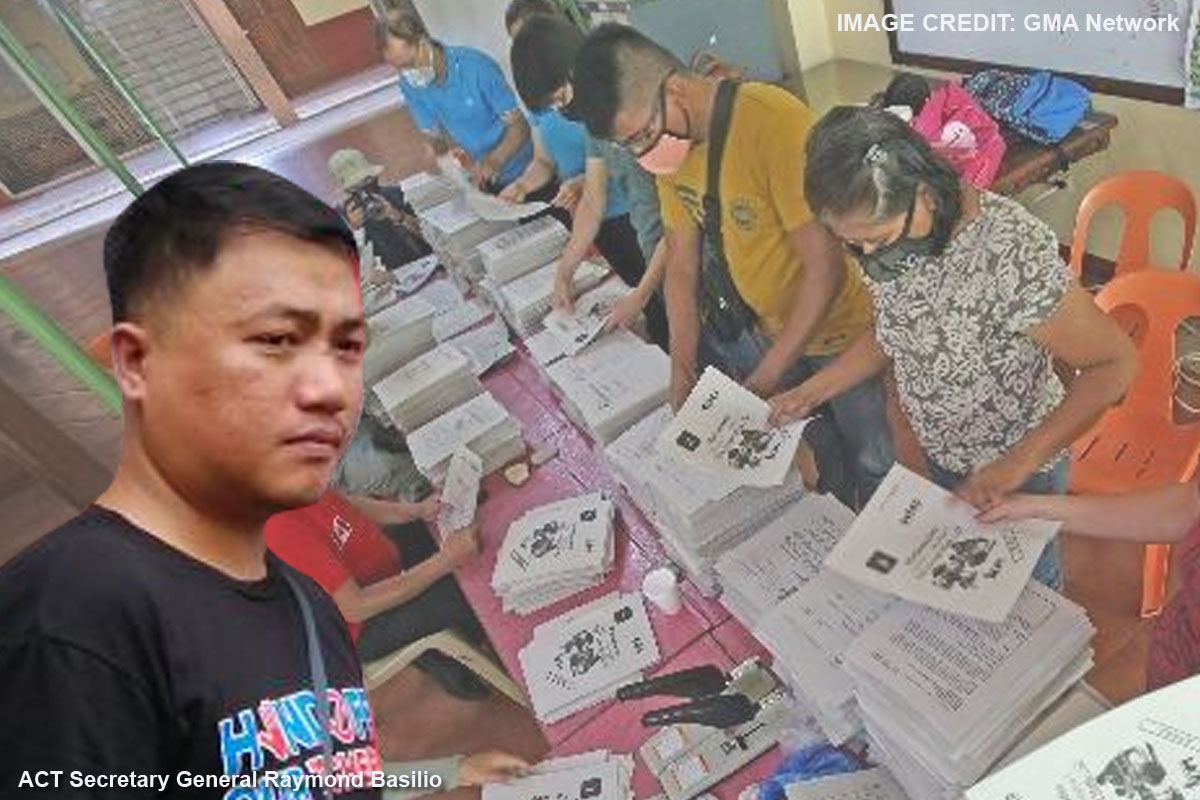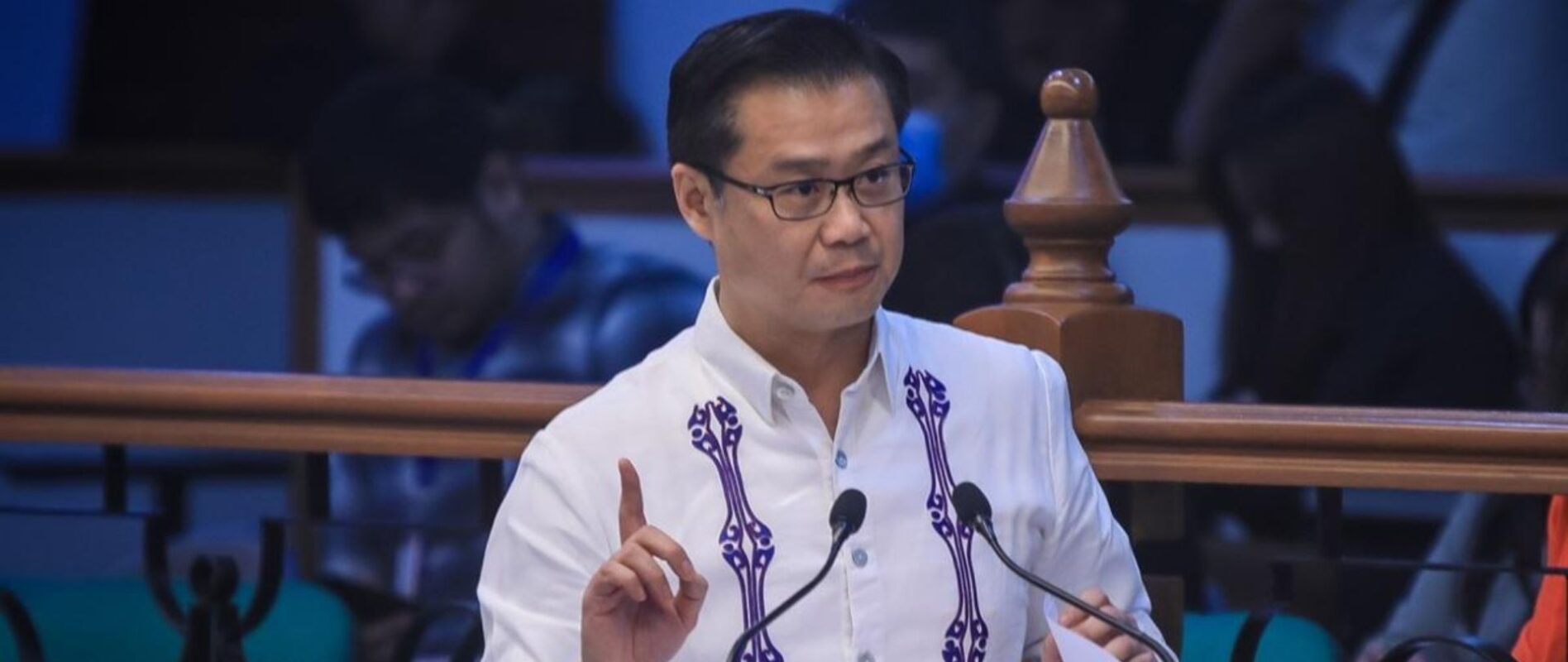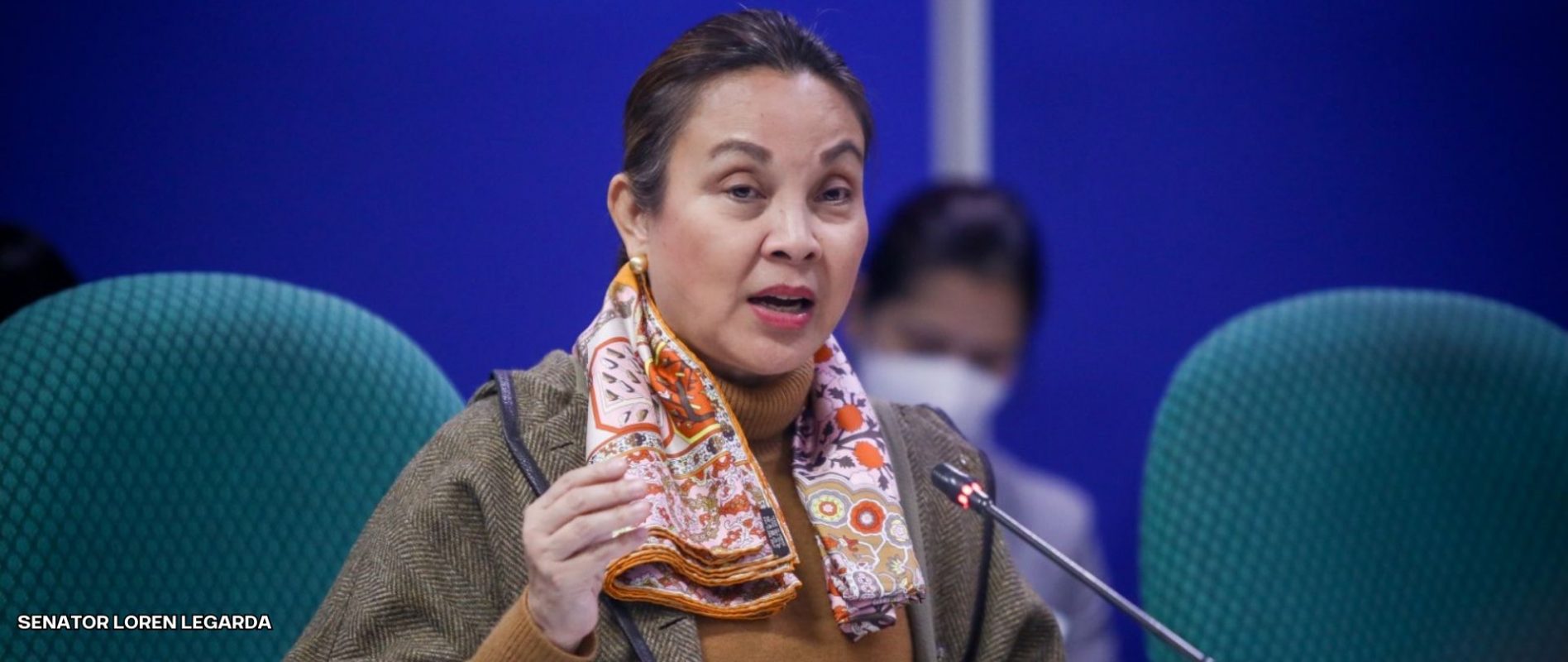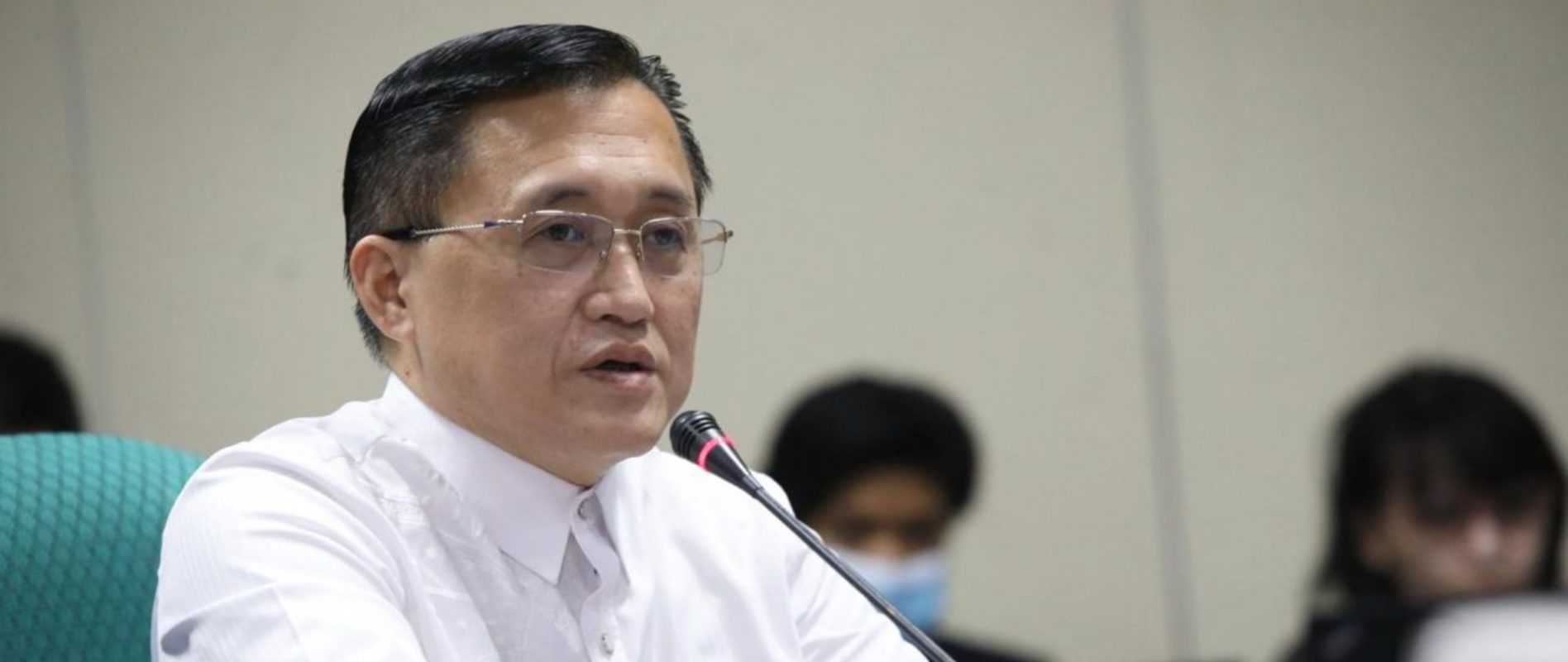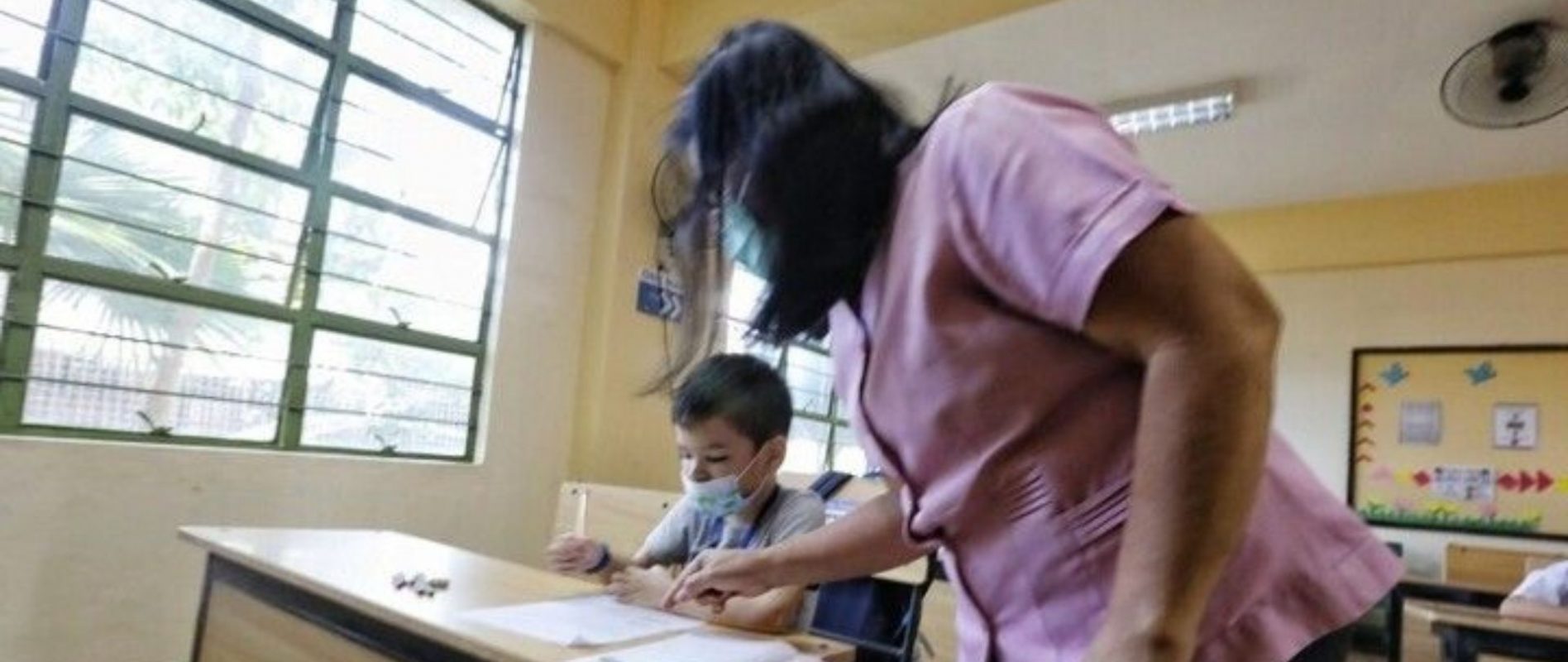ACT SUSPECTS DEPED IS AGAIN MISLEADING THE PUBLIC WITH GRAND CLAIMS OF READINESS
A TEACHERS’ group has questioned the claim of the Department of Education that 80 percent of self-learning modules have been distributed to learners a week before school officially opens.
A TEACHERS’ group has questioned the claim of the Department of Education that 80 percent of self-learning modules have been distributed to learners a week before school officially opens.
The Alliance of Concerned Teachers said that the digital copies of modules for printing from the Central Office had just reached the regional and division offices of the education department. Materials that are being distributed were either locally developed modules, diagnostic tests, or activity sheets for learners.
“We are worried that DepEd is again misleading the public with its grand claims on readiness, just as it did before the August 24 opening. This comes at the expense of true education continuity and students’ right to accessible quality education, since the withholding of the whole state of school opening readiness denies us the chance to seek redress from the government who is mandated to resolve these issues,” Raymond Basilio, the group’s secretary general, said in a statement.
ACT shared reports from National Capital Region, Regions I, IV-A, V, VI, VII, VIII, and XIII confirming that they are still printing and collating locally-made modules and these are the same materials being distributed to students.
They cited the statements of teachers that the promised centralized modules arrived in the regional and division offices only in September. The printing of these modules will still have to go through bidding.
Some local divisions decided to distribute diagnostic tests and learners’ activity sheets for the first two weeks of classes because of the unavailability of modules for distribution.
The ACT said that some teachers who were printing local modules were told to stop and wait for the centralized materials.
“Which is why teachers are still dealing with the same problems as they had weeks before the last postponement—like shortage in bond paper supplies, bogged down laptops and printers shared among teachers. It’s clear then that the national government failed to utilize the extra time to resolve the most basic yet important problem of remote learning—the lack of budget, rendering DepEd incapable of printing the needed modules,” Basilio said.
“Equally concerning, however, is how DepEd’s official downplayed this major lacking requisite for the October 5 opening. No less than the Undersecretary for Curriculum and Instruction Diosdado San Antonio unabashedly claimed that the poor progress of module distribution is not a gauge of readiness to resume classes. They were the same ones to have said that modular learning is the backbone of BE-LCP [Basic Education Learning Continuity Plan] and is the most chosen modality of 71 percent of surveyed parents. Not to mention that the same modules will be the basis of the broadcast modalities. That makes two out of the three offered mediums of DepEd,” he added.
The group also expressed concern over the module-sharing being pushed by the department, saying students and teachers will suffer the consequences of the government’s failure “to provide the simplest, most doable material for its remote learning program.”

